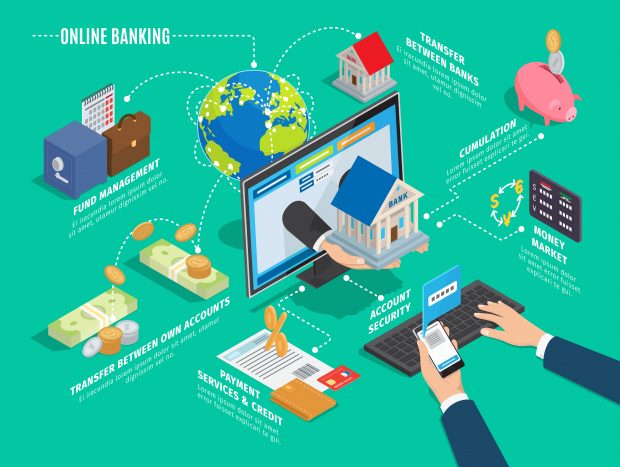 Source: Shutterstock.
Source: Shutterstock.
Almost two-thirds of Americans said they are willing to buy or apply for a financial product from a fintech company instead of a credit union or other traditional financial service provider. Even more Americans said they believe those fintech companies are more likely sell their personal financial data, according to a new survey from Ondot Systems.
The digital card services company's survey of 2,010 U.S. adults at the end of January found that 64% of all respondents and 81% of people ages 18-34 would consider getting products from fintechs. However, only 55% said they trusted tech companies with their personal financial data; for the 18-34 crowd, that number was 66%.
Recommended For You
In addition, 74% of the respondents said technology companies were more likely than traditional financial service providers to sell individual personal financial data.
"With the coronavirus making it harder for customers to shop in-store, and with community banks and credit unions restricting branch and contact center hours, consumers necessarily have to rely on digital tools — both for making purchases and for financial management," Ondot Systems CEO Vaduvur Bharghavan said.
The Santa Clara, Calif.-based Ondot Systems also found that 58% of people who bought or applied for financial products from fintech companies would allow those companies to use their spending data. Three-quarters of consumers age 18-34 said the same.
However, consumers are still wary of fintechs in a few areas. For example, 75% of the respondents in the Ondot Systems survey said that tech companies weren't transparent about how they used people's personal financial information, and 69% said tech companies were more likely than traditional financial service providers to have a data breach.
Nonetheless, 36% of the respondents said they would allow fintech companies to use their spending data to prevent fraud, and 32% said they would allow fintechs to use that data in order to offer discounts. More than a quarter (27%) said they would allow fintechs to use their spending data to make it easier or faster to manage their money.
"Banks and credit unions need to adapt in order to survive," Bharghavan said. "Consumers are attracted to the easy user experience they find with tech companies, and are willing to overcome misgivings about how technology companies use their data. The vast majority of them consider technology companies — not just banks and credit unions — viable financial services partners. Having said that, consumers trust their banks with their money. It is a necessity and an opportunity for banks to deliver the digital-first capabilities that give consumers the convenience they seek with the security they need."
The findings followed a recent survey by the Scottsdale, Ariz.-based Cornerstone Advisors, which found that 76% of credit unions said fintech partnerships were an important part of their business strategies this year. That survey of 300 senior executives of mid-size banks and credit unions also found that almost 40% of credit unions already had fintech partnerships in place for digital account opening, and 28% had them for fraud management or lending. In addition, 62% said mobile wallets were a high or moderate payments priority for 2020; 68% said the same for mobile payment tools.
However, just 36% of credit union respondents said expanding their digital presence was a top growth priority for 2020, compared to 49% in 2019.
© Touchpoint Markets, All Rights Reserved. Request academic re-use from www.copyright.com. All other uses, submit a request to [email protected]. For more inforrmation visit Asset & Logo Licensing.






